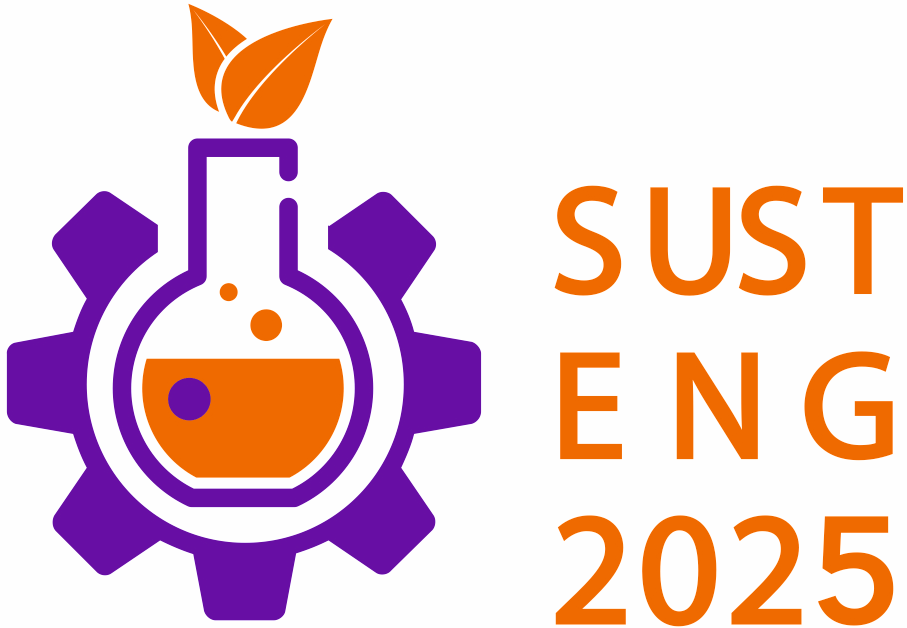Keynote Speakers
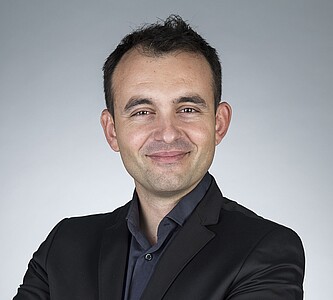
Dr. Konstantinos Kakosimos is a chemical engineering professor at Aristotle University of Thessaloniki (AUTh), previously serving over a decade at Texas A&M University at Qatar (TAMUQ). He earned his Diploma and Ph.D. from AUTh and specializes in modeling transport and reacting phenomena with applications in environmental sustainability, air quality, process safety, and solar-driven processes. From 2023 to 2024, he served as Associate Dean for Graduate Studies, and subsequently as Associate Dean for Research and Graduate Studies at TAMUQ, driving institutional initiatives in research and postgraduate education. His portfolio includes numerous publications, book contributions, patents, and over $6M in competitive funding. Recognized with several awards, including the Hutchison Medal (IchemE, TAMUQ) and the Dean’s Achievement Award (TAMUQ), he is also an active contributor to academic and governmental bodies, including Qatar's Ministry of Public Health, and Ministry of Environment and Climate Change. His consulting with the World Bank and industry underscores his commitment to impactful, globally relevant research.
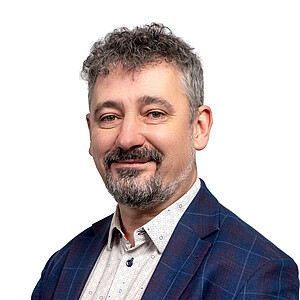
Dr. Jacek Dach is a professor at .Department of Biosystems Engineering, Poznań University of Life Sciences, Poland. Head of the Ecotechnologies Laboratory at the Department of Biosystems Engineering, Poznań University of Life Sciences (PULS) – the largest Polish biogas laboratory (over 250 laboratory scale fermenters and 20 biogas/biomethane plants under operation in PULS experimental farms). The creator of a scientific school in the field of anaerobic digestion and composting, and more broadly – biological methods of converting waste into energy. Expert cooperating with Polish government in the field of biogas, biomethane and biowaste management. As the only Pole, was (2016-19) on the DBFZ scientific council in Leipzig (a federal institute monitoring the German biogas market) and (since 2018) is a member of scientific council of the Key Laboratory for Clean Renewable Energy Utilization Technology, Ministry of Agriculture, located at China Agricultural University. This unit, headed by Prof. Renjie Dong is involved in monitoring the world's largest biogas market (over 45 million installations) and developing analyses for development ministries, preferred technologies for the Ministry of Agriculture of China, and suggesting the introduction or change of legal norms in this area. Index h = 30, citations = 2,747 – according to Scopus. Author and co-author of over 450 scientific and popular science publications. The scope of conducted research mainly concerns the processes of biological biomass processing and organic waste (including anaerobic digestion, composting), greenhouse gas emissions and odors and the use of artificial intelligence technology in agricultural engineering. Co-author of 3 patents and 6 patent applications.
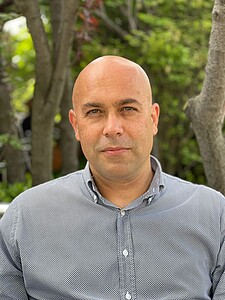
Dr. Güçlü Insel has 30 years of professional experience in the design of industrial and municipal wastewater treatment and recovery systems. He actively participates in industry-supported applied research and development projects. His main areas of expertise include environmental process design, data analysis, process simulation/control, non-linear system solutions, and urban/industrial wastewater recovery systems. He provides training services to governmental institutions, private companies, and industries, as well as consultancy services in design and operation within his fields of specialization. Prof. İnsel worked as a researcher for three years at Ghent University in Belgium, in the Department of Applied Mathematics, Biometrics, and Process Control. He is currently a faculty member at the Department of Environmental Engineering at Istanbul Technical University (ITU).
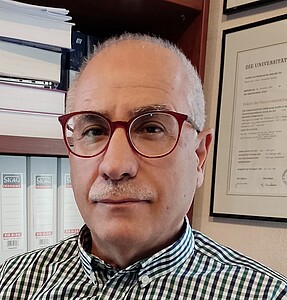
Dr. Paraschos Melidis is a Professor in the Department of Environmental Engineering at the Democritus University of Thrace (DUTH), Greece. He holds a degree in Chemistry and earned his PhD from the University of Stuttgart, Germany. Since 2018, he has been the Director of the Laboratory of Wastewater Management and Treatment Technologies within the department. His research focuses on the control and optimization of wastewater treatment processes within the frameworks of sustainable development and the circular economy. He has published 80 original research articles in peer-reviewed international journals (h-index 26, with 2,270 citations), 79 conference papers, three book chapters in international scientific volumes, and one book in Greek. Prof. Melidis as contributed to the execution of 36 research projects, acting as the Scientific Coordinator for 20 of them. Key areas of his work include: Design and development of innovative anaerobic, anoxic, and aerobic wastewater treatment processes, such as alternating aeration, periodic feeding, membrane bioreactors (MBRs), and chemically enhanced primary sedimentation. Process control and optimization of wastewater treatment plants. Automation of activated sludge systems using aerobic and anaerobic biosensors and selective ion sensors integrated with programmable logic controllers. Simulation of waste treatment systems to improve operational efficiency and energy savings. Application of advanced treatment technologies for wastewater treatment and reuse. Management of sewage sludge through anaerobic digestion and co-treatment with high-strength organic wastewater. Development of methodologies to enhance biogas yield and optimize energy utilization. Anaerobic treatment of agricultural residues and agro-industrial wastewaters for bioenergy production and resource recovery. Investigation of the degradation of organic micropollutants and hazardous substances in municipal and industrial wastewater.
